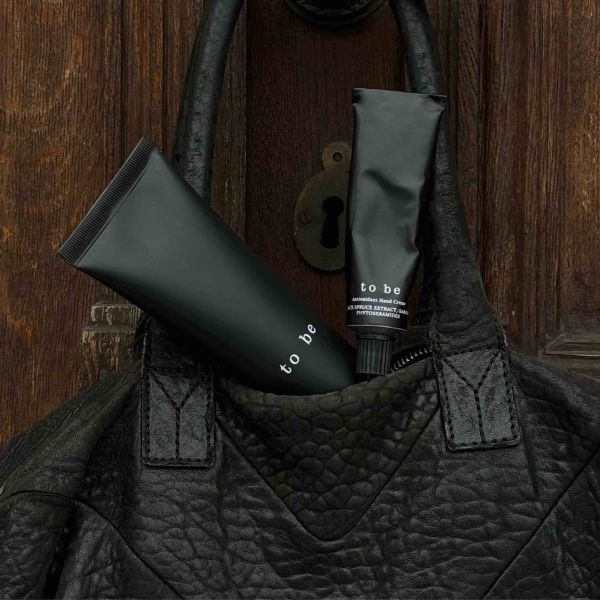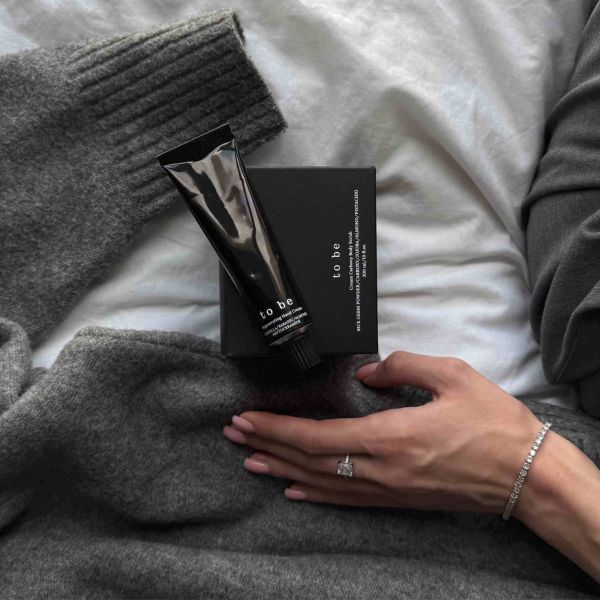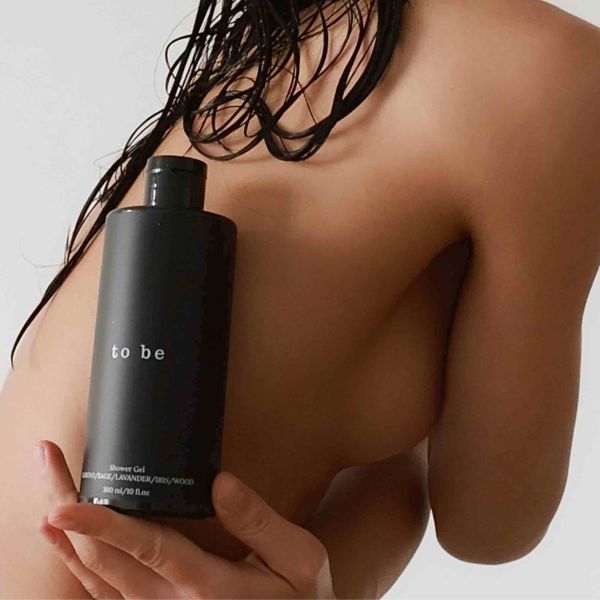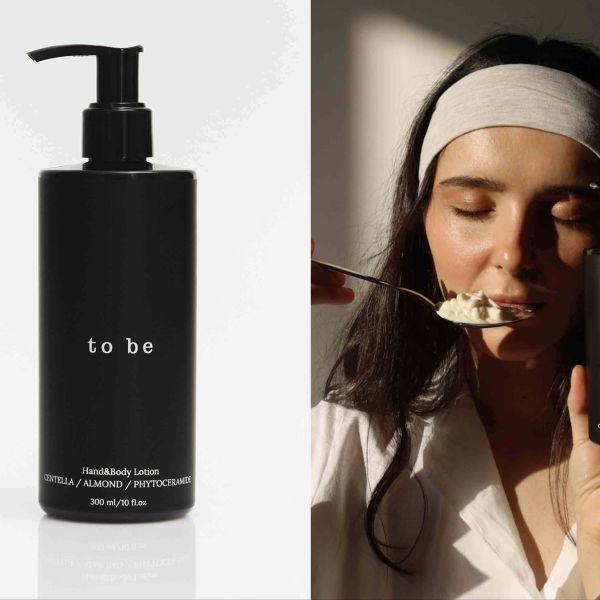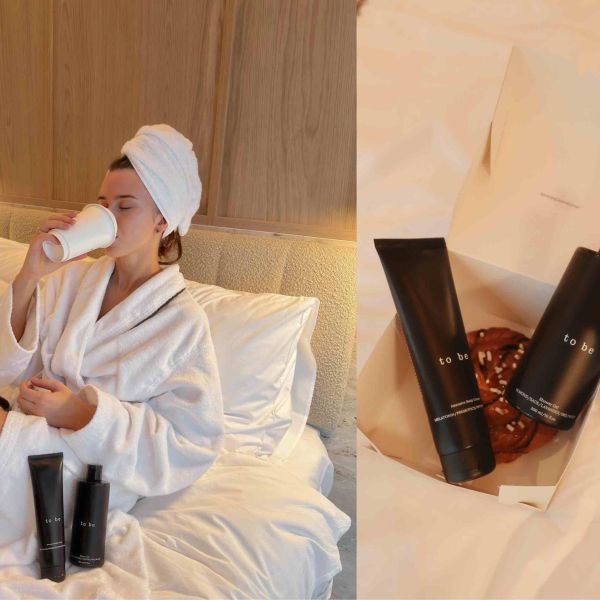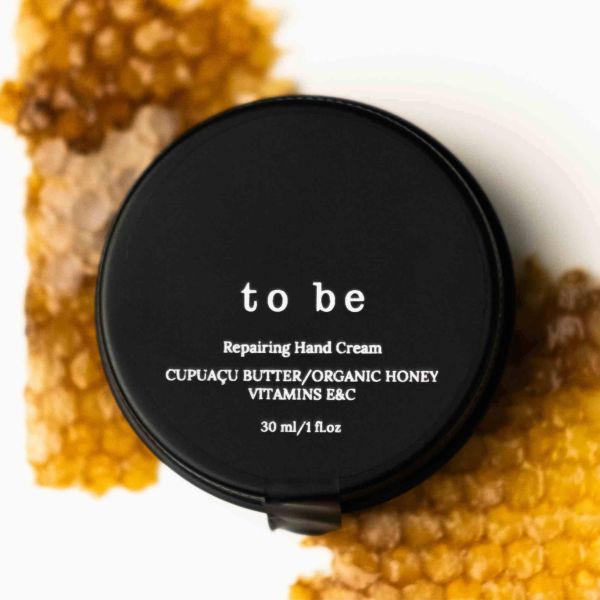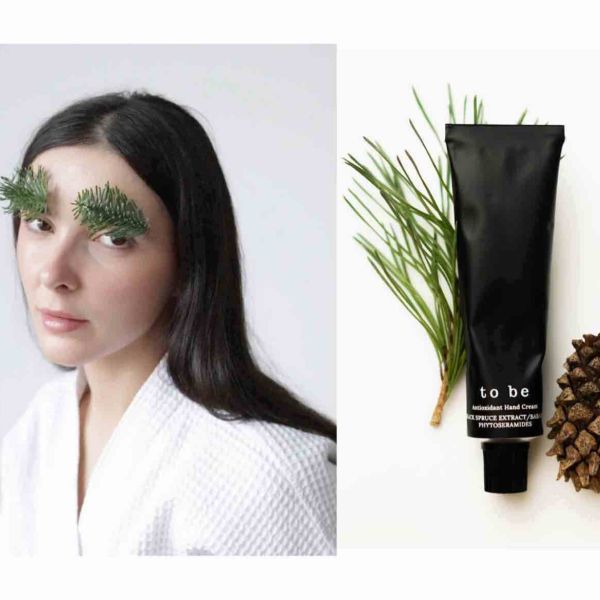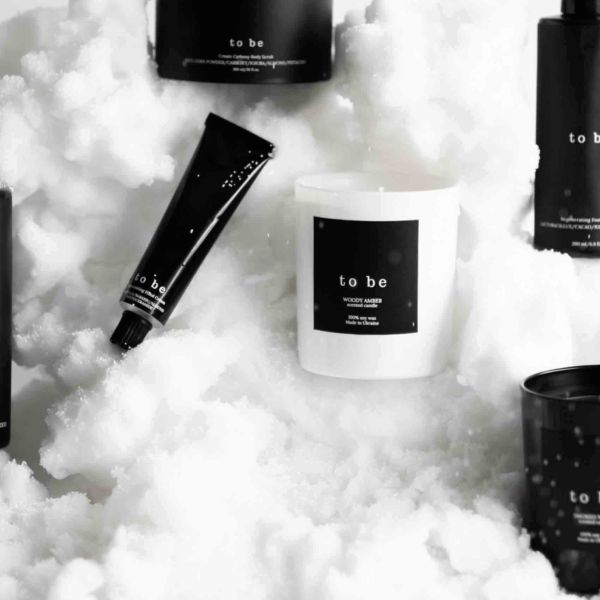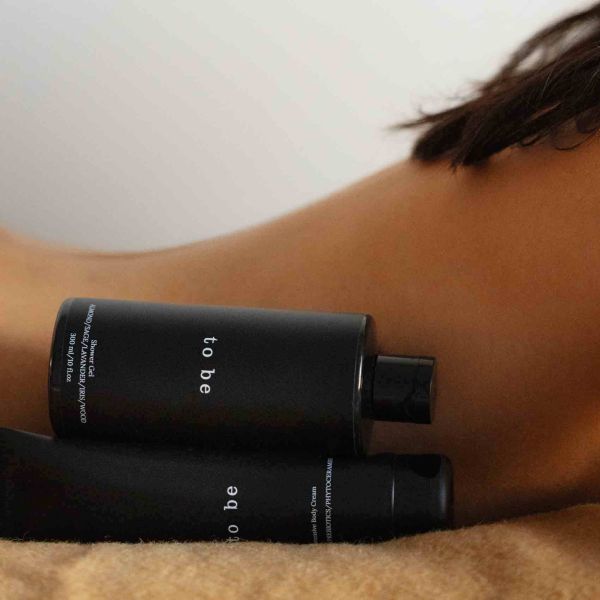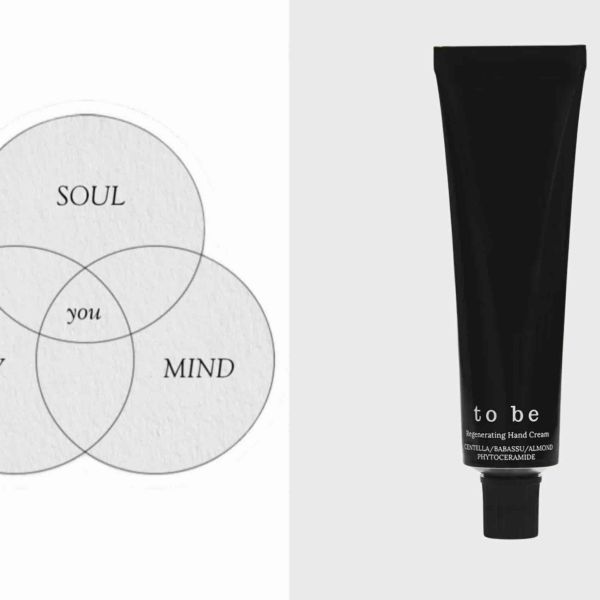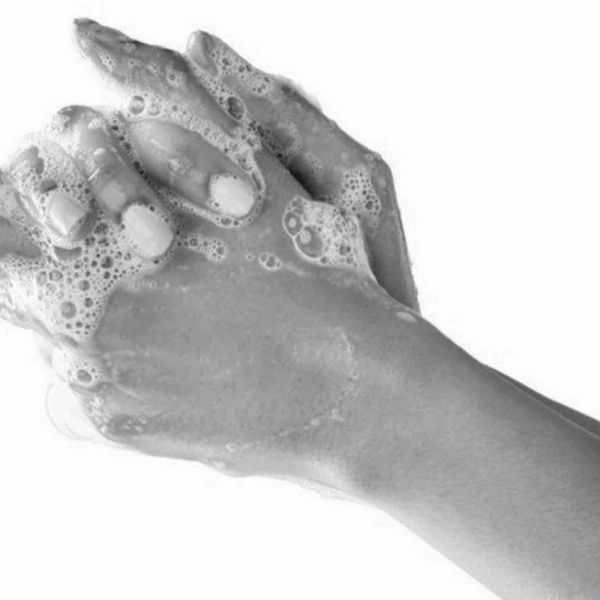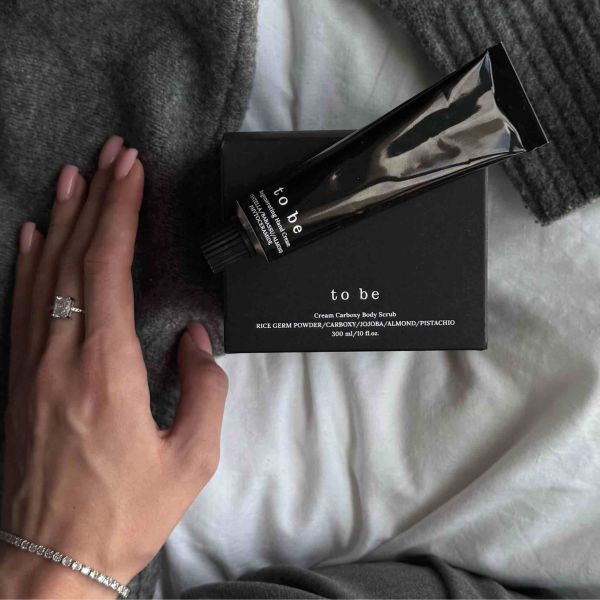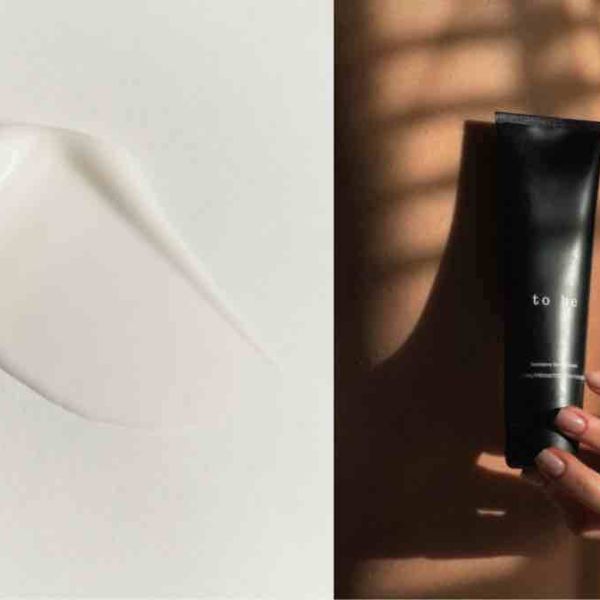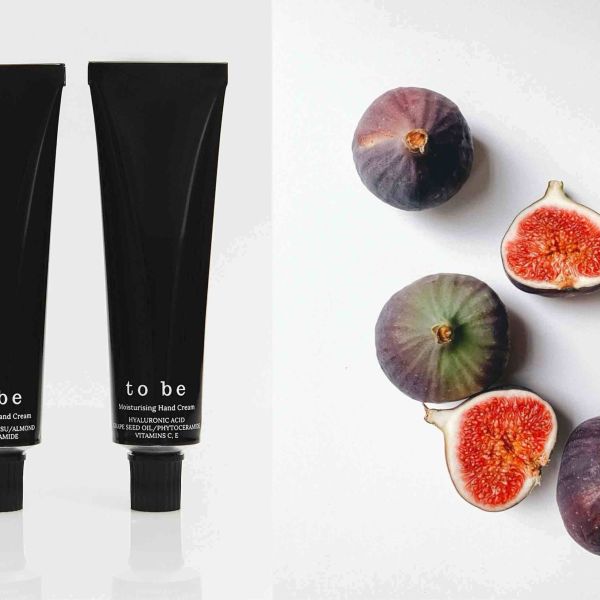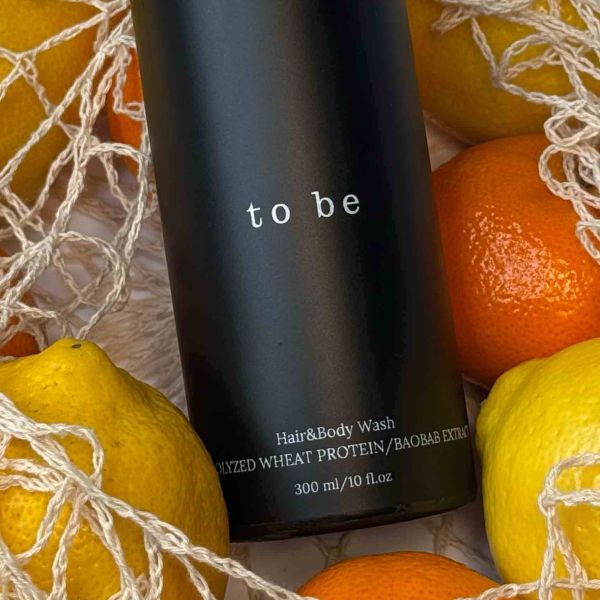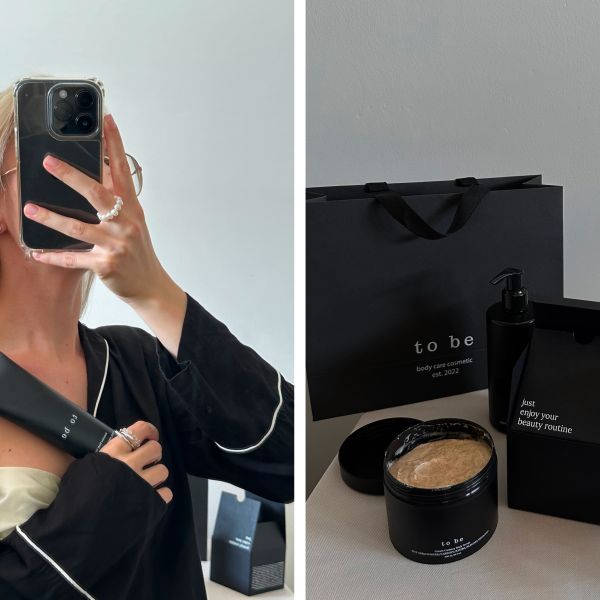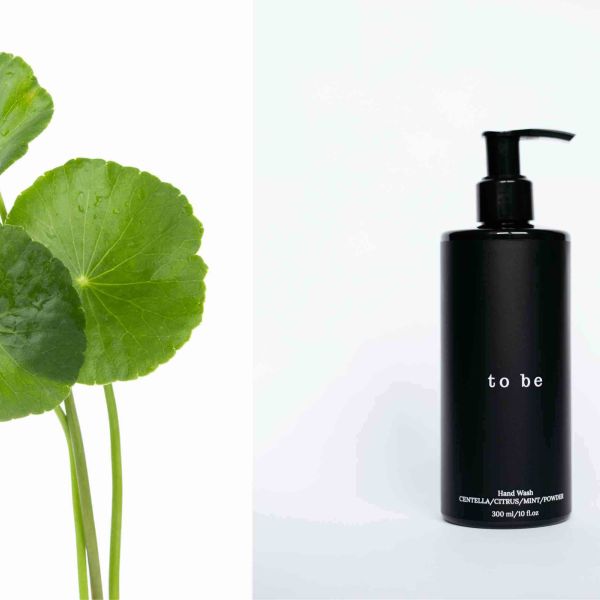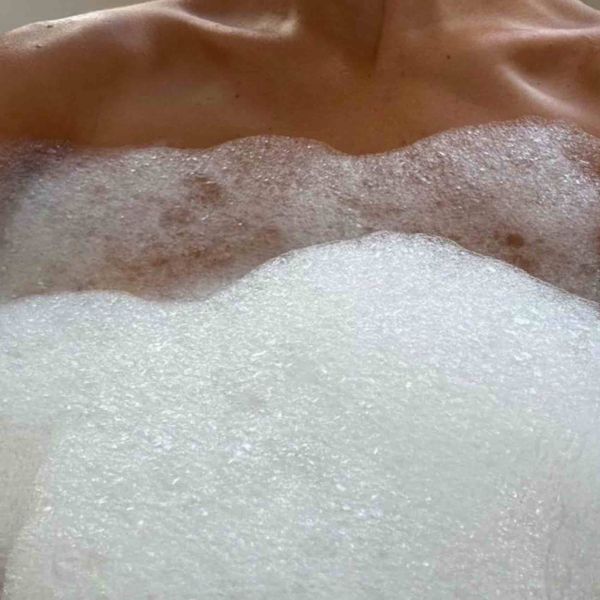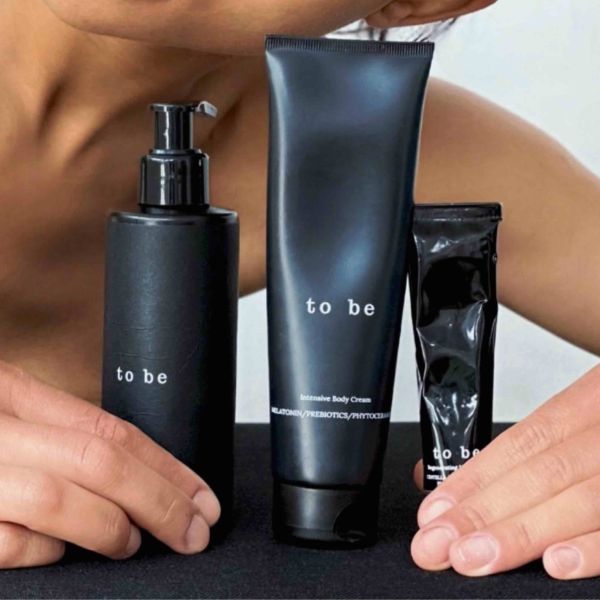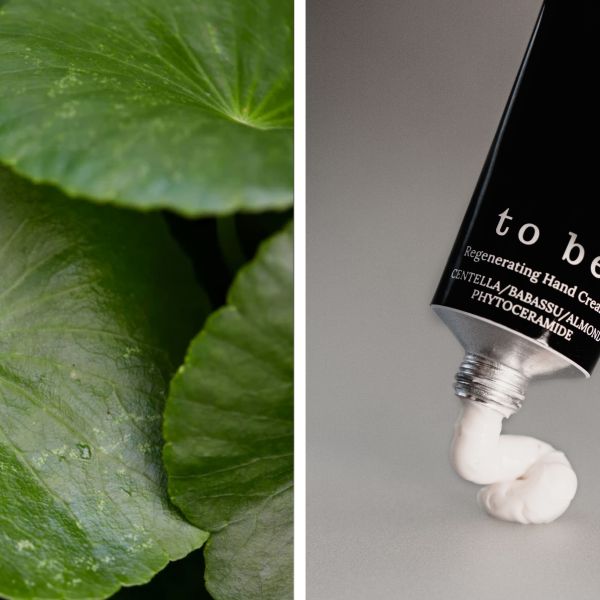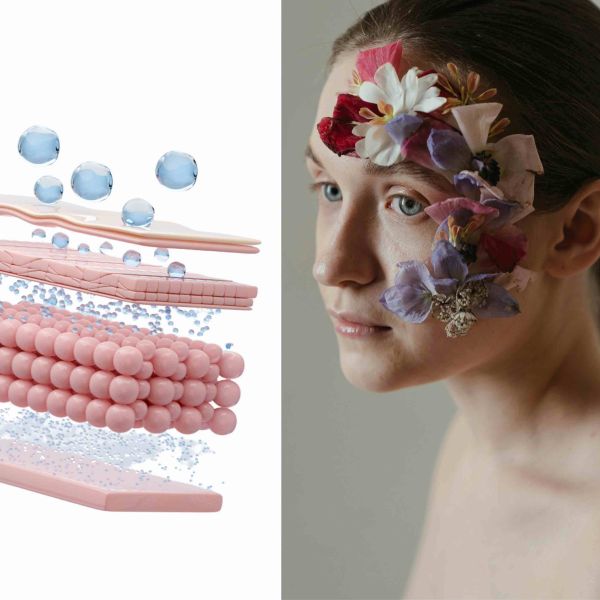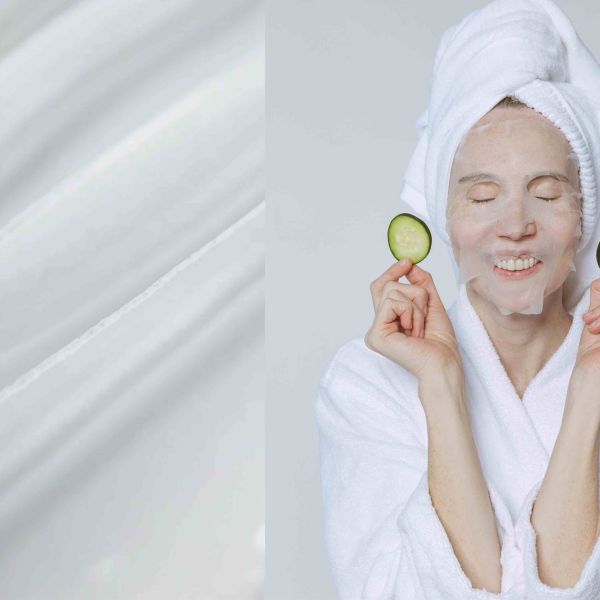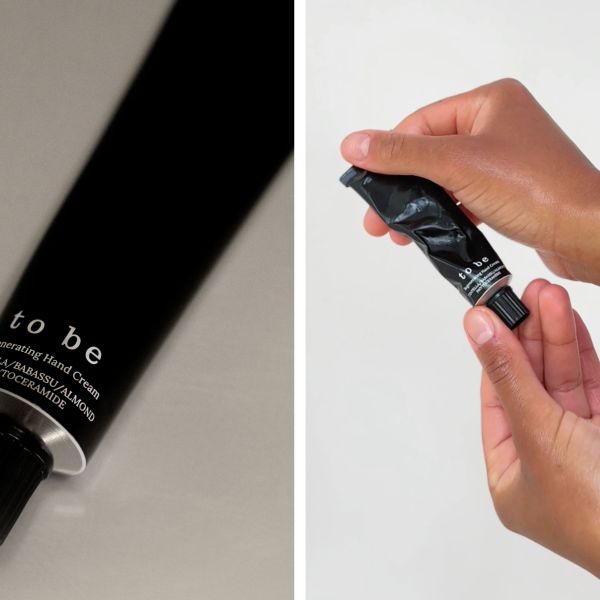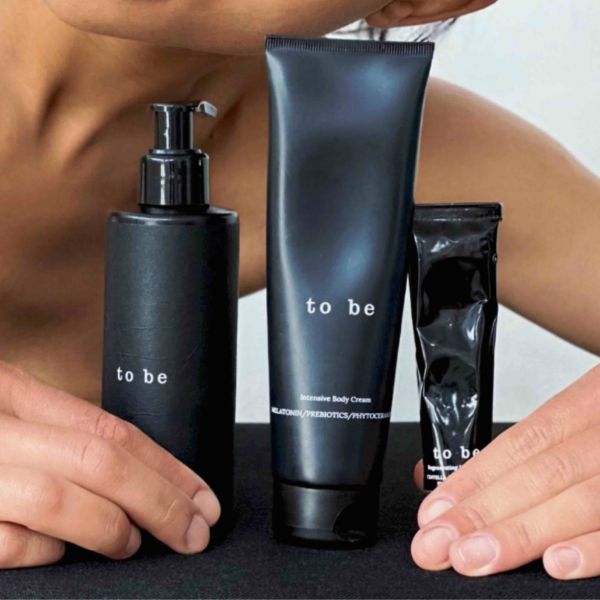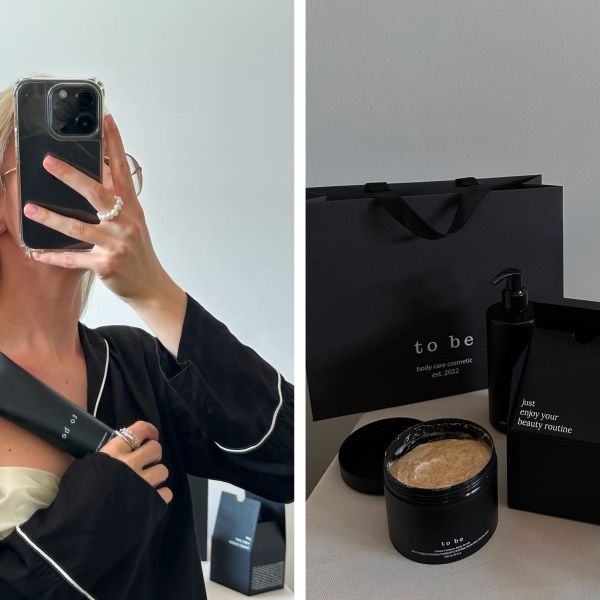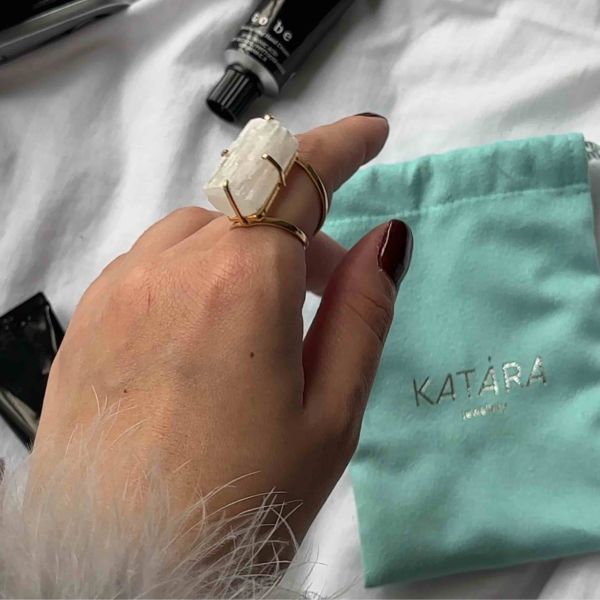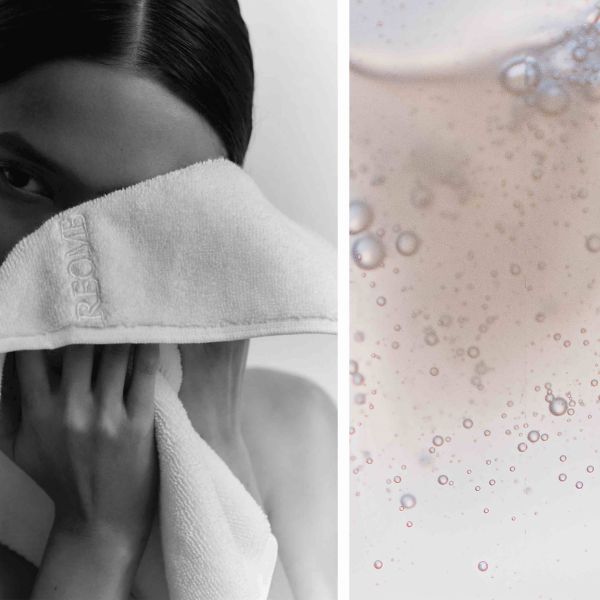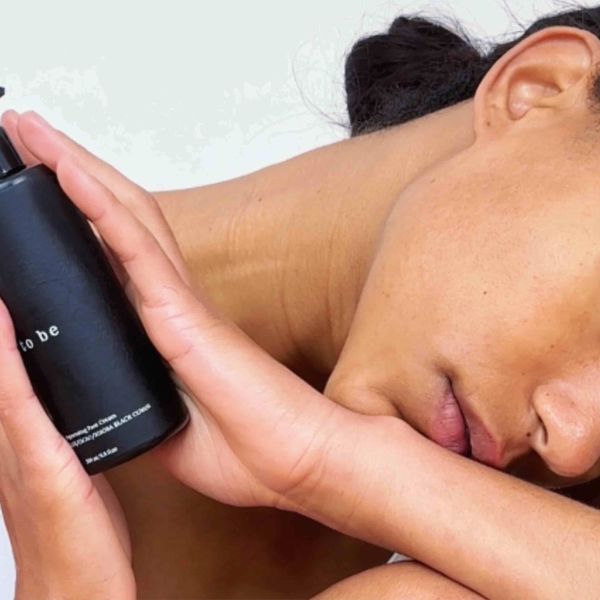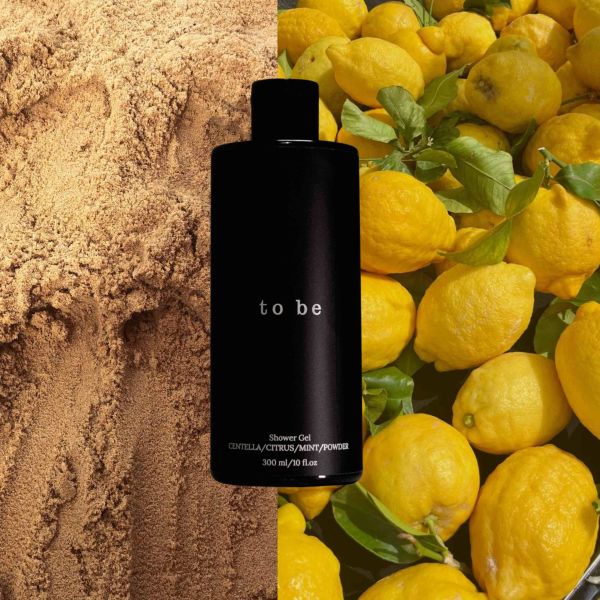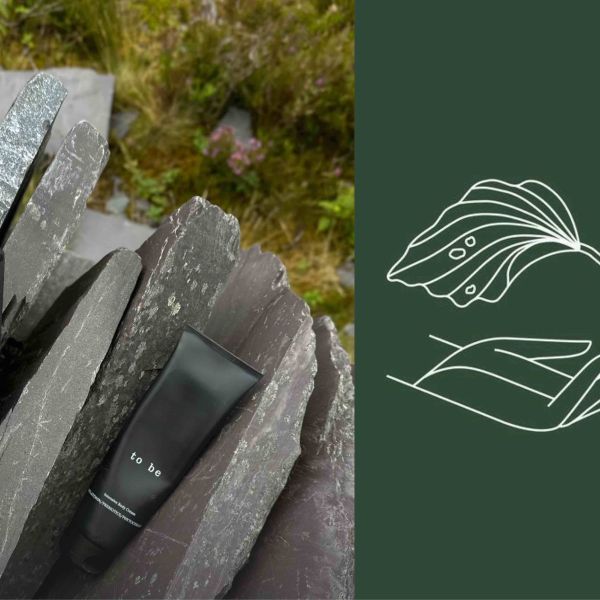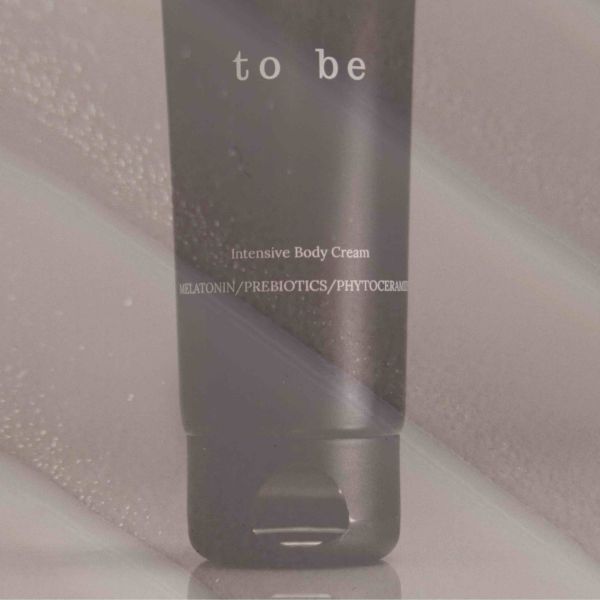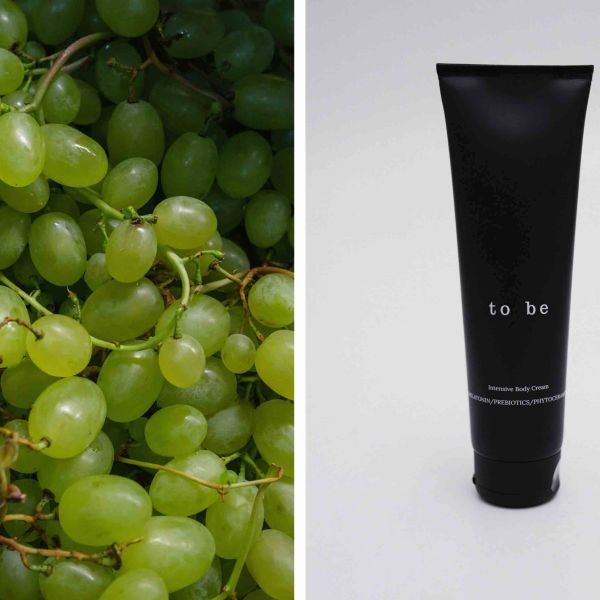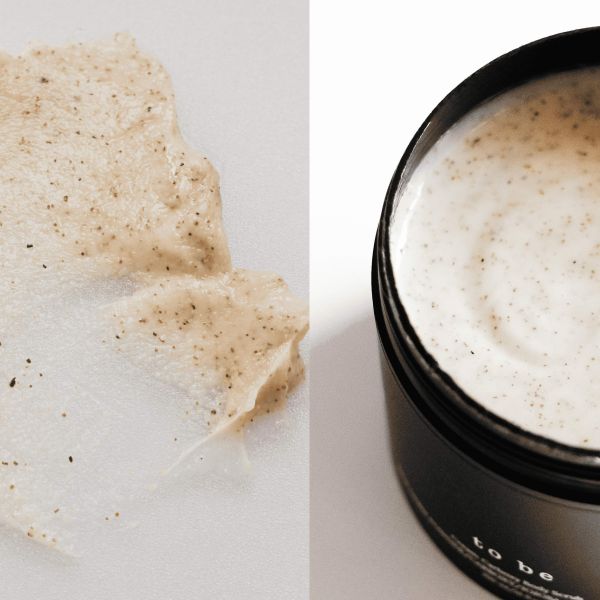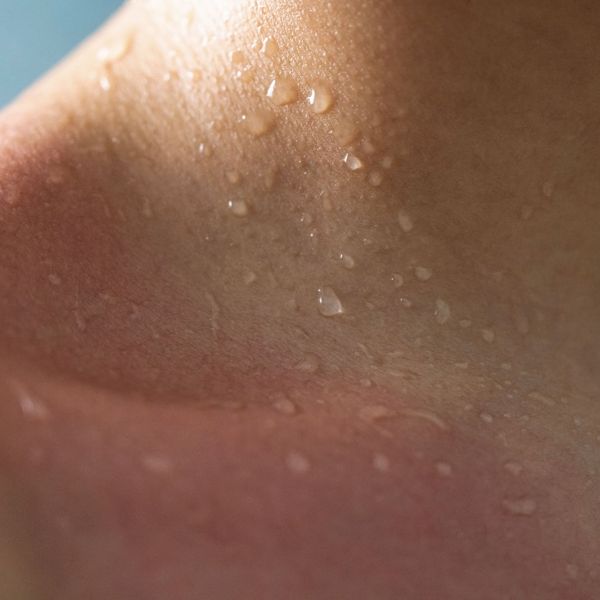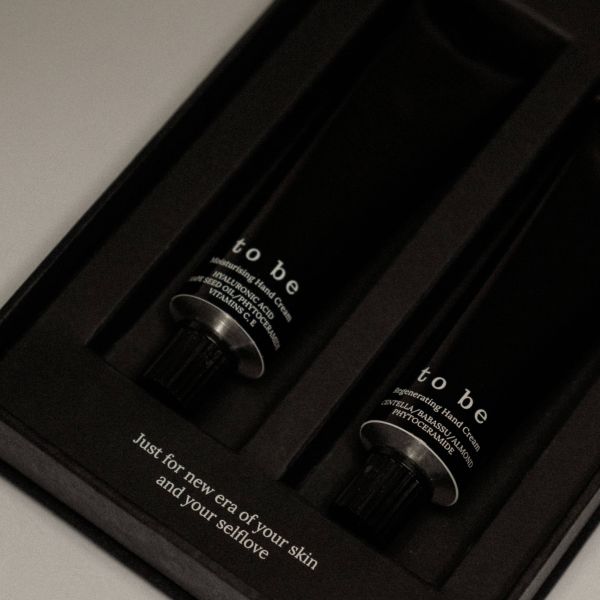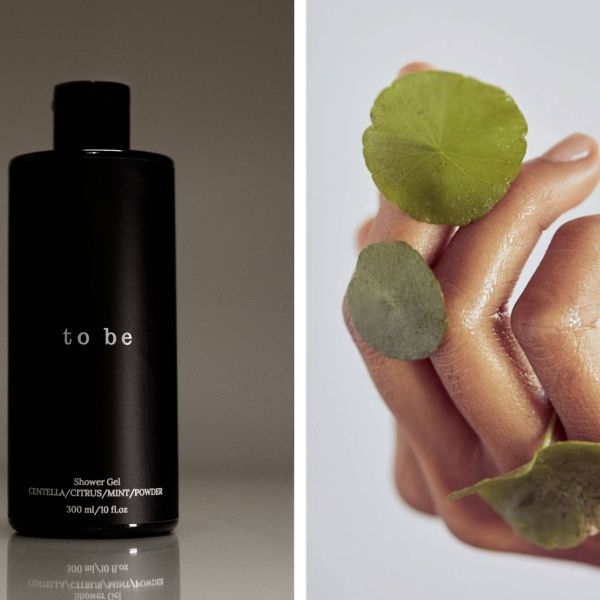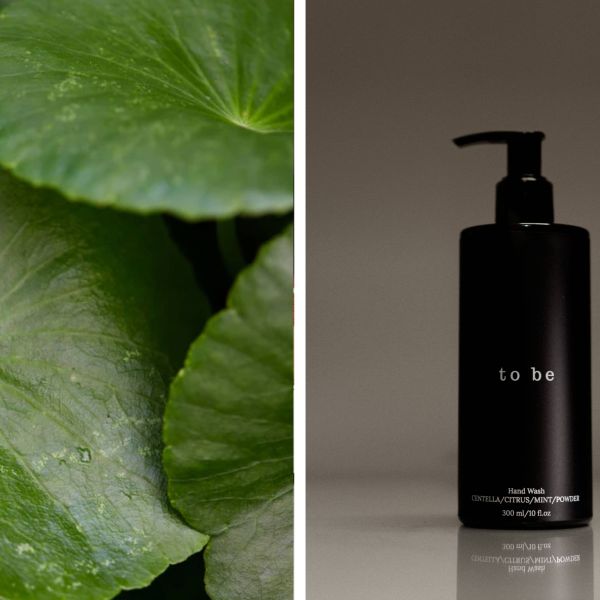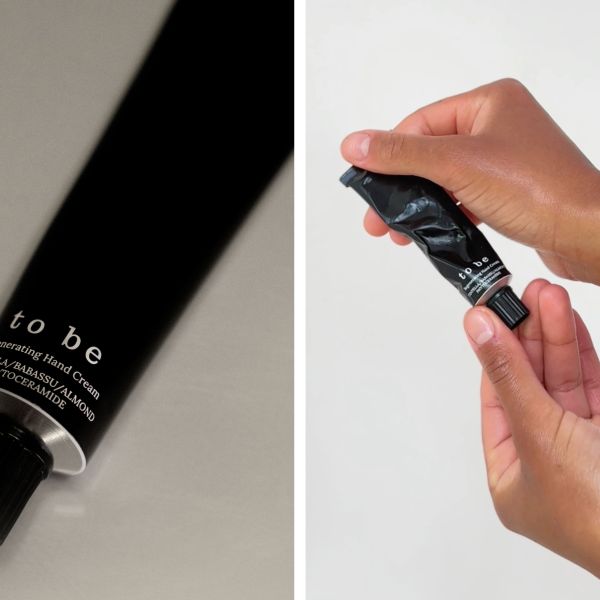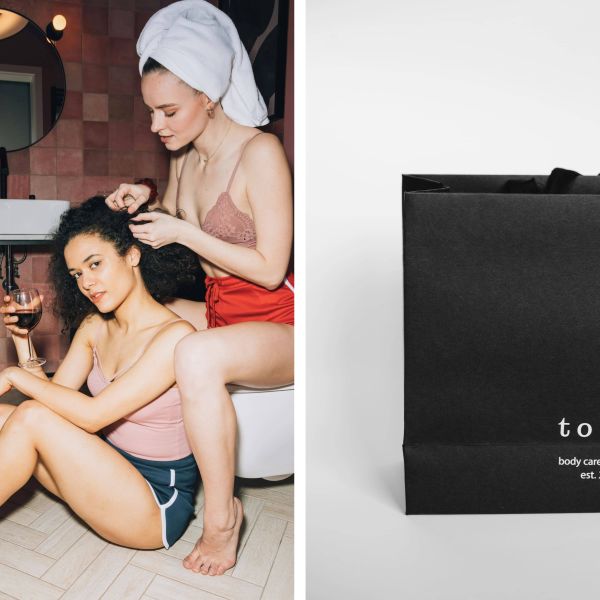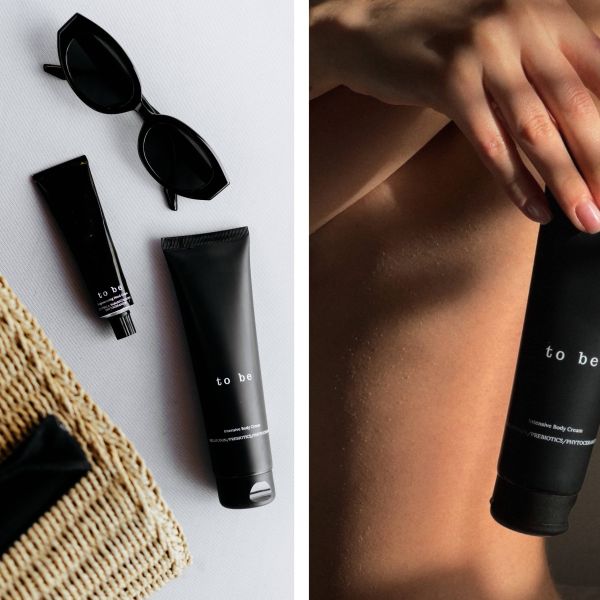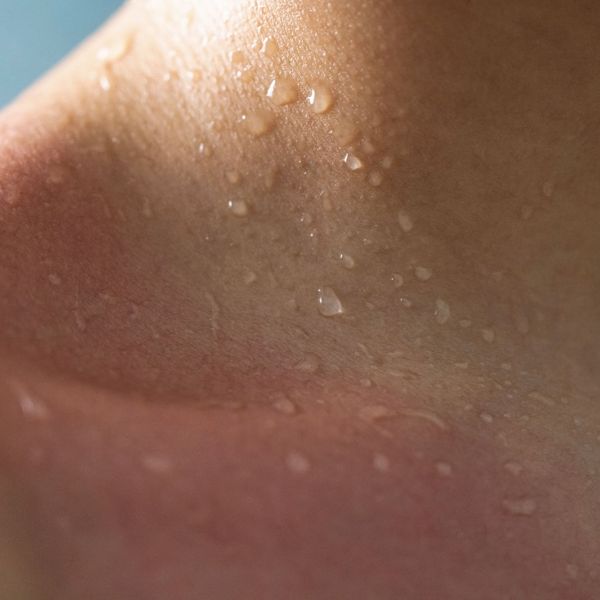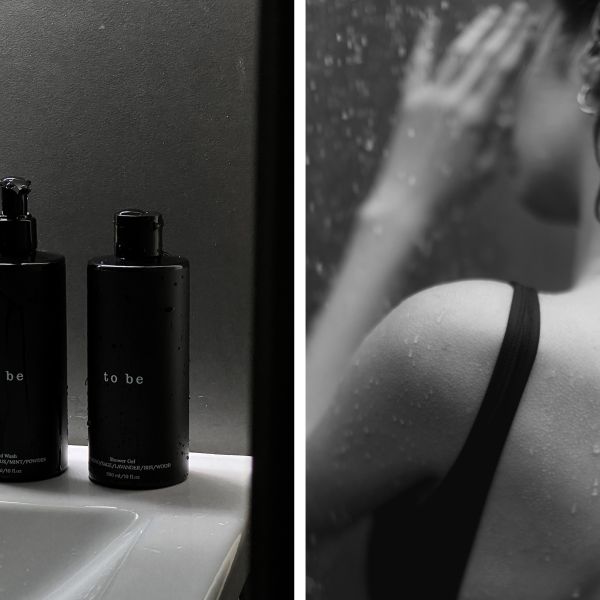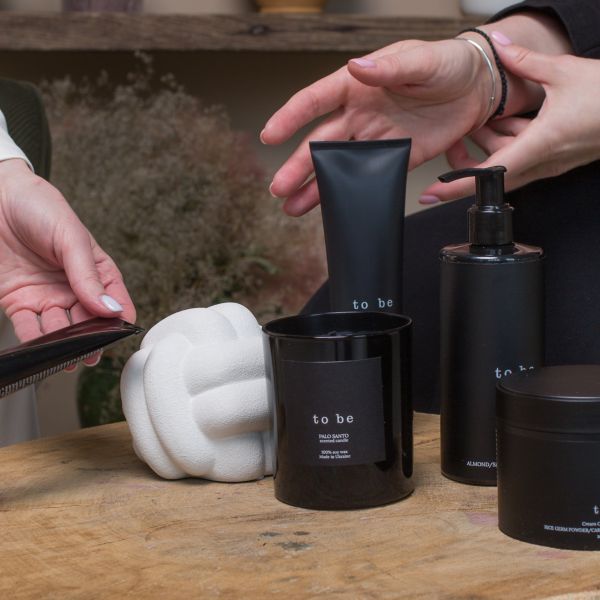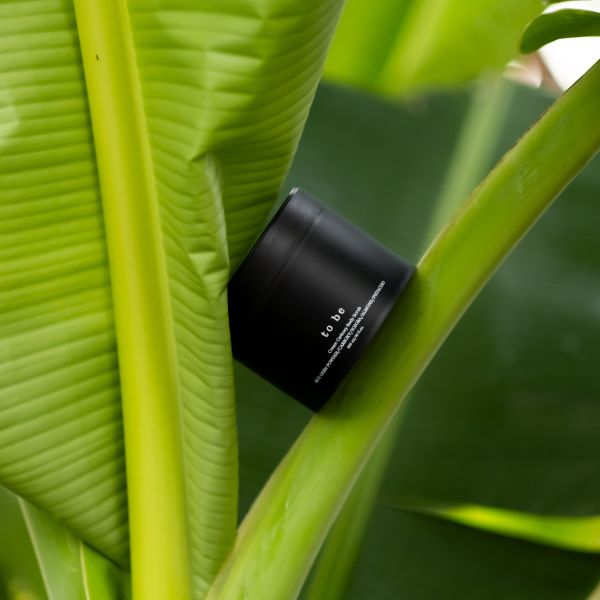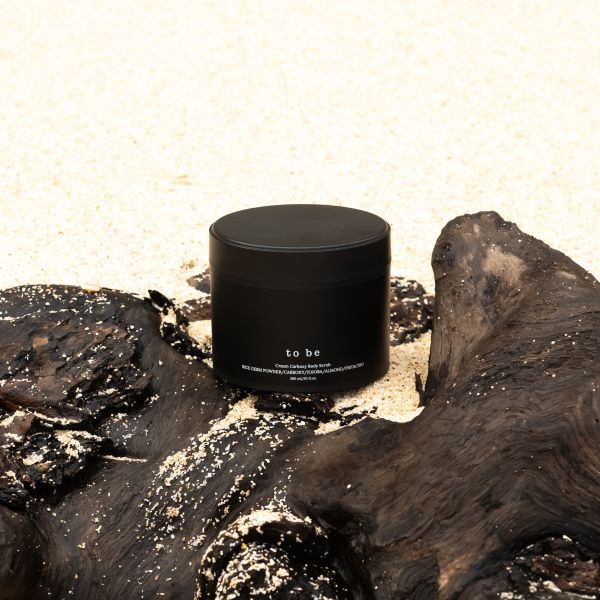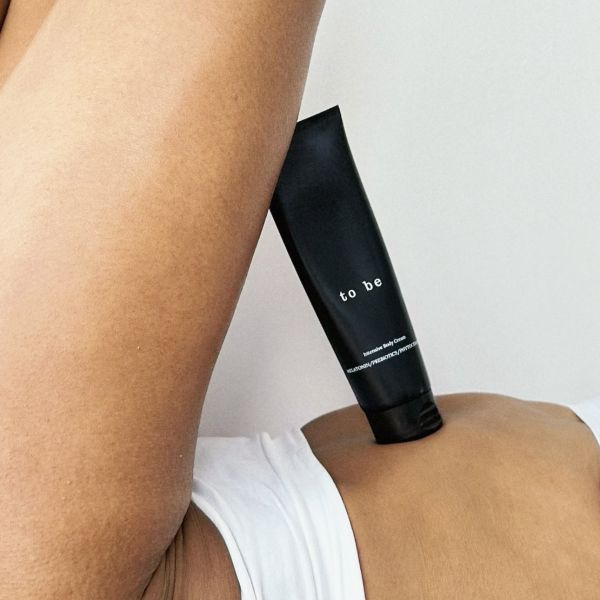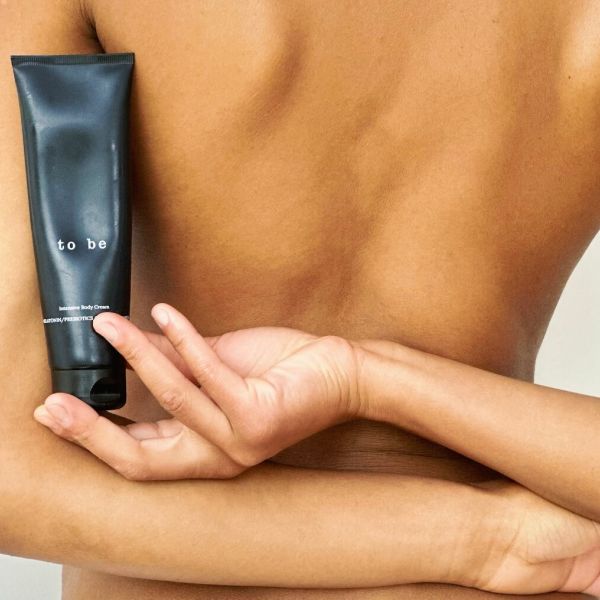- Home
- Skin Microbiome: What It Is and Why It Matters
Skin Microbiome: What It Is and Why It Matters
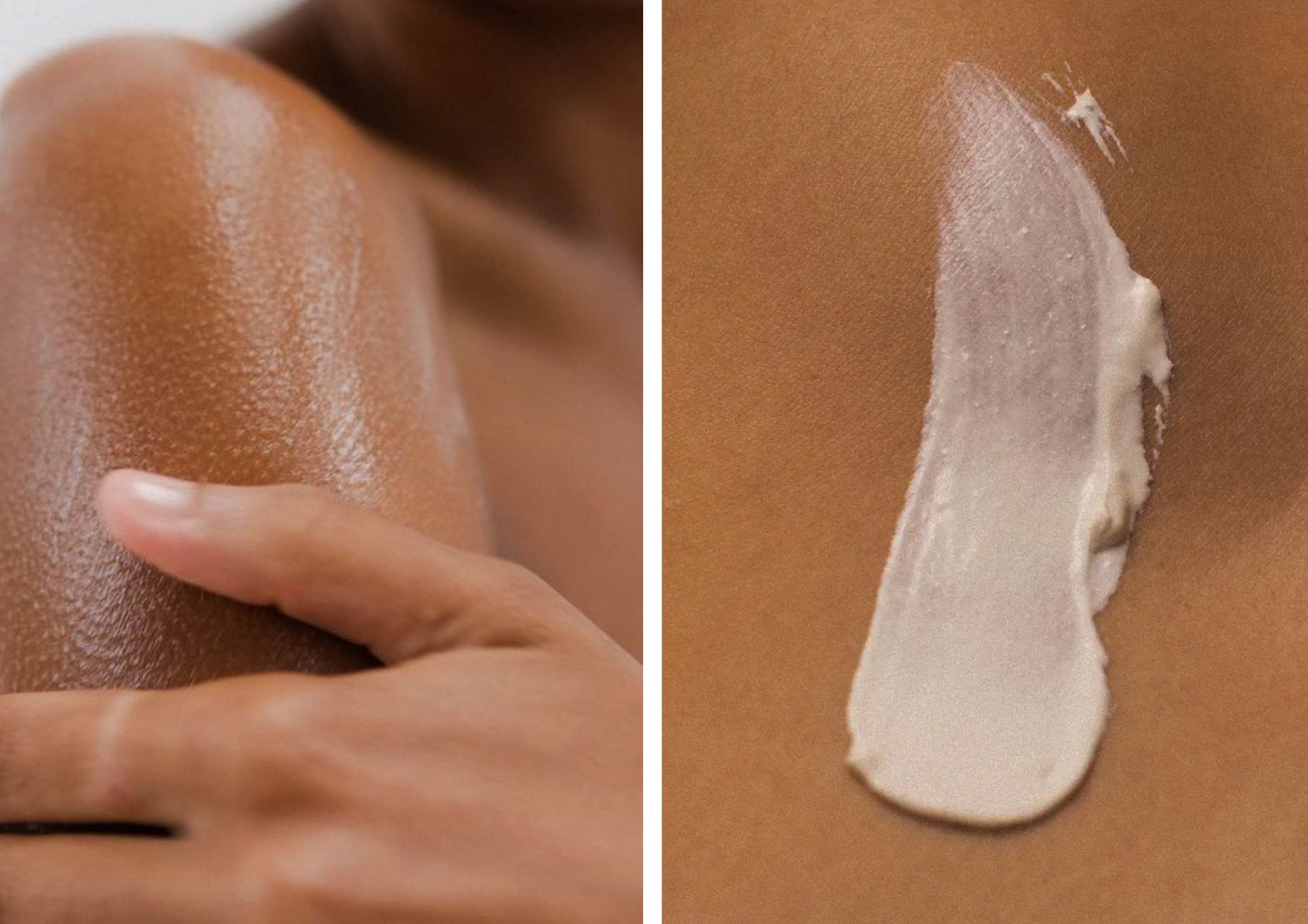
What is the Skin Microbiome?
The skin microbiome is a complex ecosystem of beneficial bacteria and other microorganisms that help maintain skin health. Our "to be" products are designed to avoid disrupting this delicate balance, instead promoting its maintenance and restoration.
Our natural cosmetics are created with the needs of the skin and its microbiome in mind. We use only natural ingredients that support the natural balance of microorganisms on the skin’s surface without compromising its protective barrier.
What is the True Benefit of the Microbiome?
The microbiome plays a crucial role in the condition of the skin, influencing its appearance and overall health. A rich and balanced microbiome contributes to healthier, more resilient skin that is better protected from stress and external influences. It leads to a more aesthetically pleasing, firmer, and softer skin with less noticeable wrinkles, texture, and color irregularities.
When the microbiome is disrupted and harmful bacteria outnumber the beneficial ones, problems can arise: redness and irritation, disruption of sebum production, acne, excessive dryness, increased sensitivity, chronic skin conditions, allergies, infections, and more. Treating the symptoms alone will not be effective if the underlying issue—imbalanced microbiota—remains. Many may not even realize this and may struggle with persistent failures in achieving ideal skin appearance. To achieve the desired result, it is crucial to address the root cause and resolve it at the level of the microbiome.
What Can Disrupt the Skin Microbiome?
-
Medication Use: Certain medications, especially antibiotics, can destroy both harmful and beneficial bacteria.
-
Stress: Various forms of stress, which are common in today’s world and particularly prevalent in our country, can impact the microbiome.
-
Climate Change and Environmental Factors: Pollution, temperature and humidity fluctuations, strong winds, heat, and ultraviolet radiation from the sun can all affect the skin microbiome.
-
Unhealthy Diet: An imbalanced diet or sudden dietary changes can harm the skin. For instance, frequent consumption of sugary foods can negatively impact skin health.
-
Certain Health Conditions: Cardiovascular and nervous system disorders, diabetes, and obesity can disrupt the skin microbiome.
-
Harmful Habits: Smoking and alcohol consumption can adversely affect skin health.
-
Negligent Skincare: Overly intensive cleansing, excessive exfoliation, and the use of harsh scrubbing products can disrupt the microbiome. Additionally, using cosmetics with aggressive surfactants, acids, strong chemical ingredients, or products that disturb the skin’s natural pH balance can have a detrimental effect.
Probiotics and Prebiotics in Skincare
Probiotics are beneficial bacteria that help maintain a balanced microbiome.
Probiotics are live bacteria that are similar to the ones already present in our microbiome. They interact with our natural bacteria, positively affecting the microbiome's composition and optimizing pH levels. Additionally, probiotics can produce antimicrobial substances that help protect the skin from external aggressors.
Prebiotics are a food source for the microbiome.
Prebiotics mainly consist of carbohydrates and serve as "food" for the growth of bacterial colonies, similar to how carbohydrates nourish the human body. They are essential for the health of the microbiome as they provide nourishment for beneficial bacteria on the skin's surface.
Probiotics for the skin play a crucial role by enhancing the skin's natural defenses, accelerating the healing of various damages, and having a negative effect on pathogenic microorganisms.
What is the difference between prebiotics and probiotics?
While prebiotics and probiotics may seem similar, they differ in how they contribute to improving our health. Both prebiotics and probiotics support a healthy bacterial balance in the body, making them important for overall well-being.
How to Maintain Your Skin Microbiome Balance?
To keep your skin healthy, it's crucial to maintain the balance of your microbiome. Proper home care with prebiotics and probiotics is essential.
Use cleansing products with minimal aggressive ingredients that could disrupt the skin's natural balance. Avoid excessive washing, as this can destroy beneficial bacteria, and steer clear of overly harsh peels and exfoliants for both body and face. Always apply sunscreen (not just in summer) and ensure proper skin hydration. Additionally, incorporate creams and cosmetics with probiotics into your routine.
Cosmetics That Support the Skin Microbiome
Every product we create undergoes rigorous testing to ensure its safety and efficacy. We take pride in formulating skincare with probiotics that enhances your natural beauty while caring for your health at the microbiological level.
Choose "to be" cosmetics to keep your skin looking healthy and radiant, while providing gentle and caring treatment.
